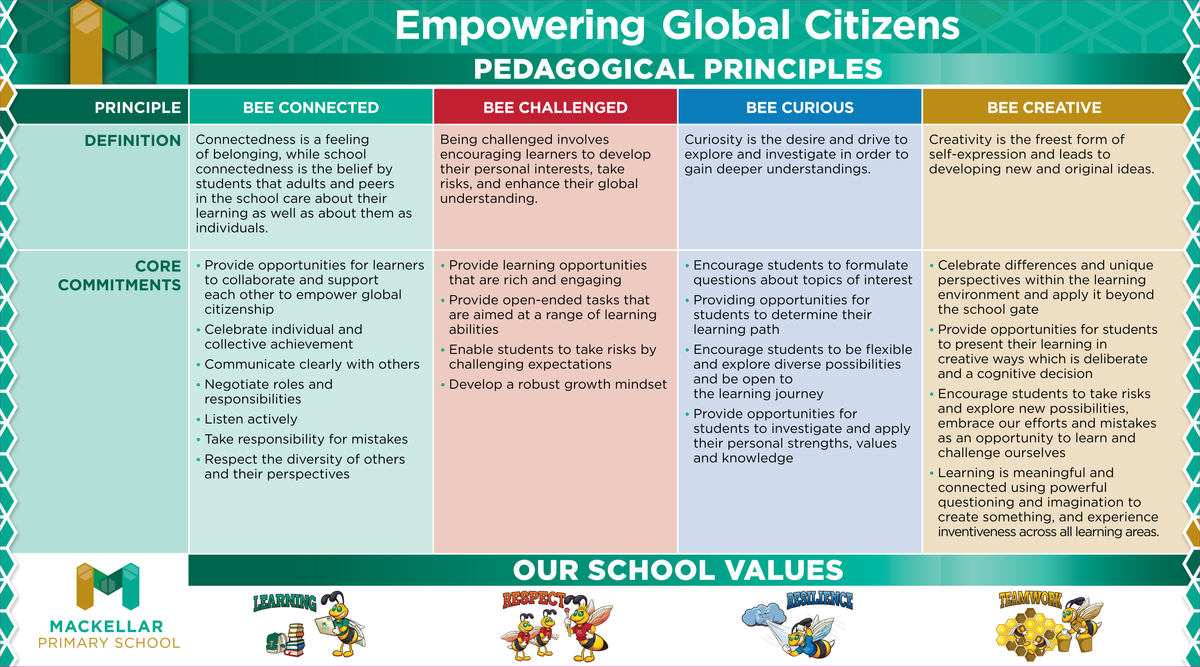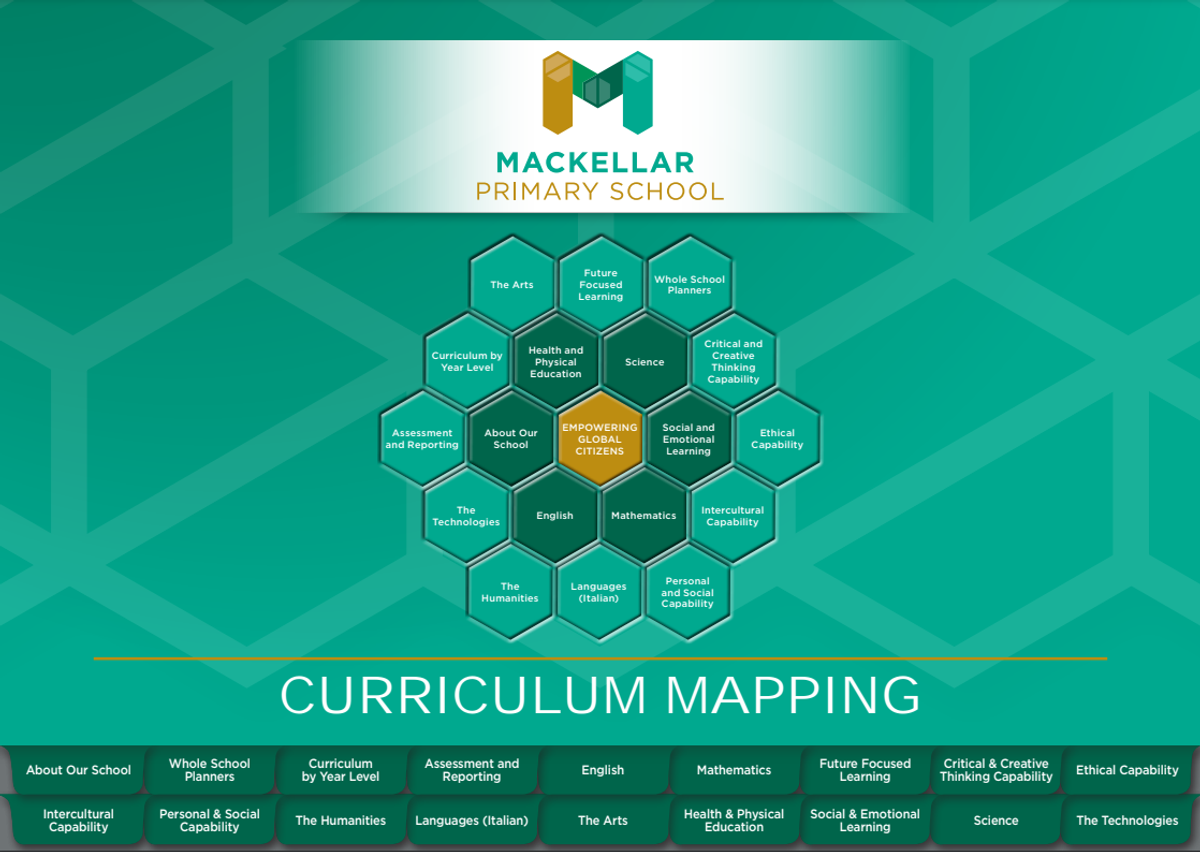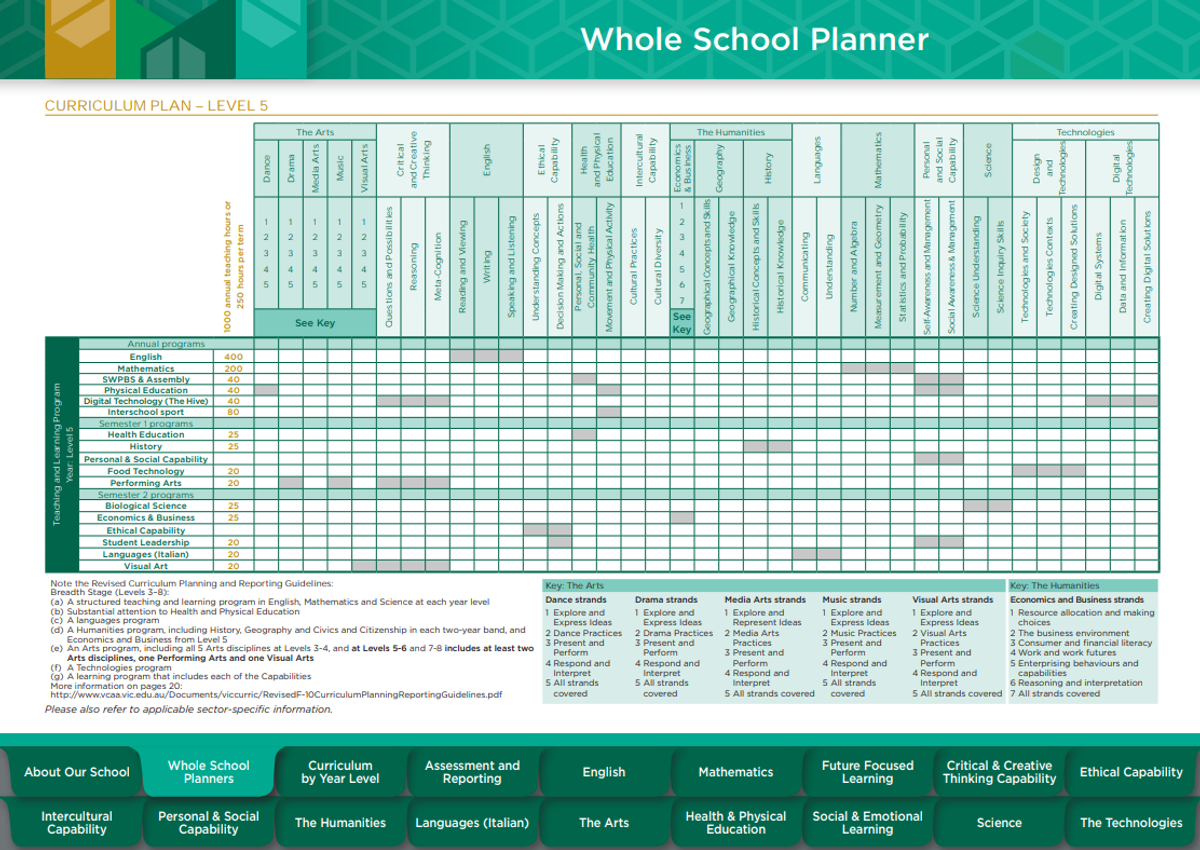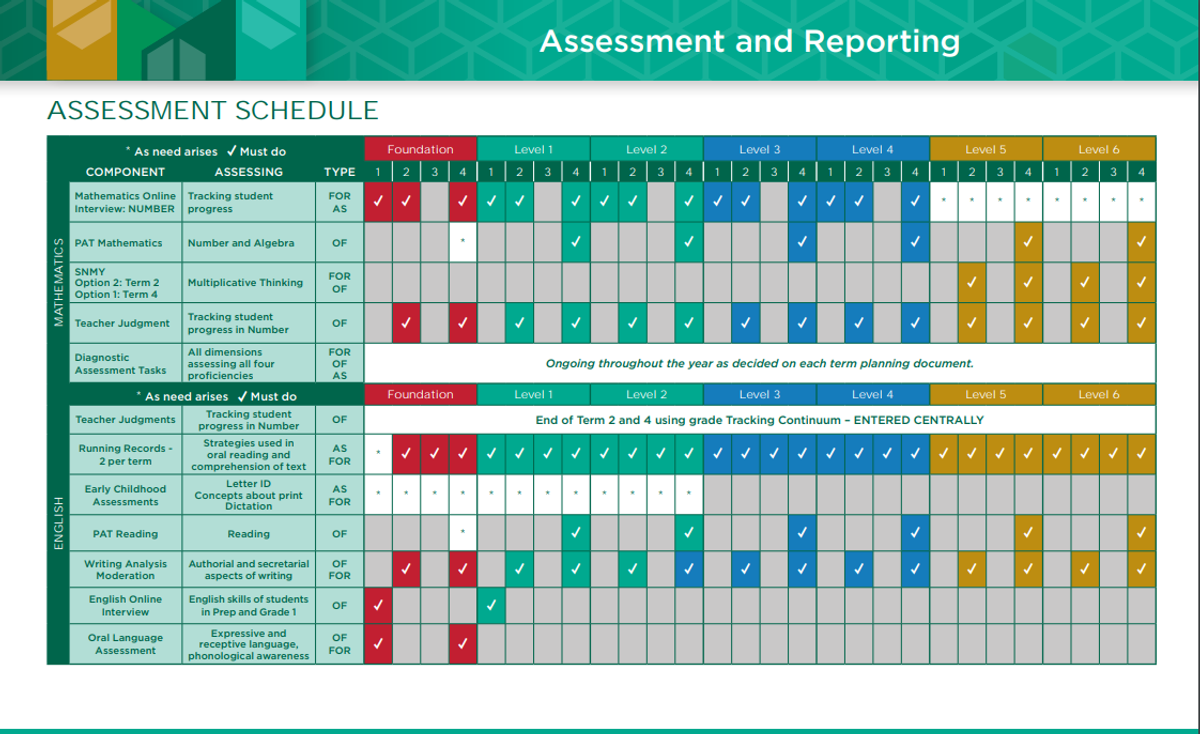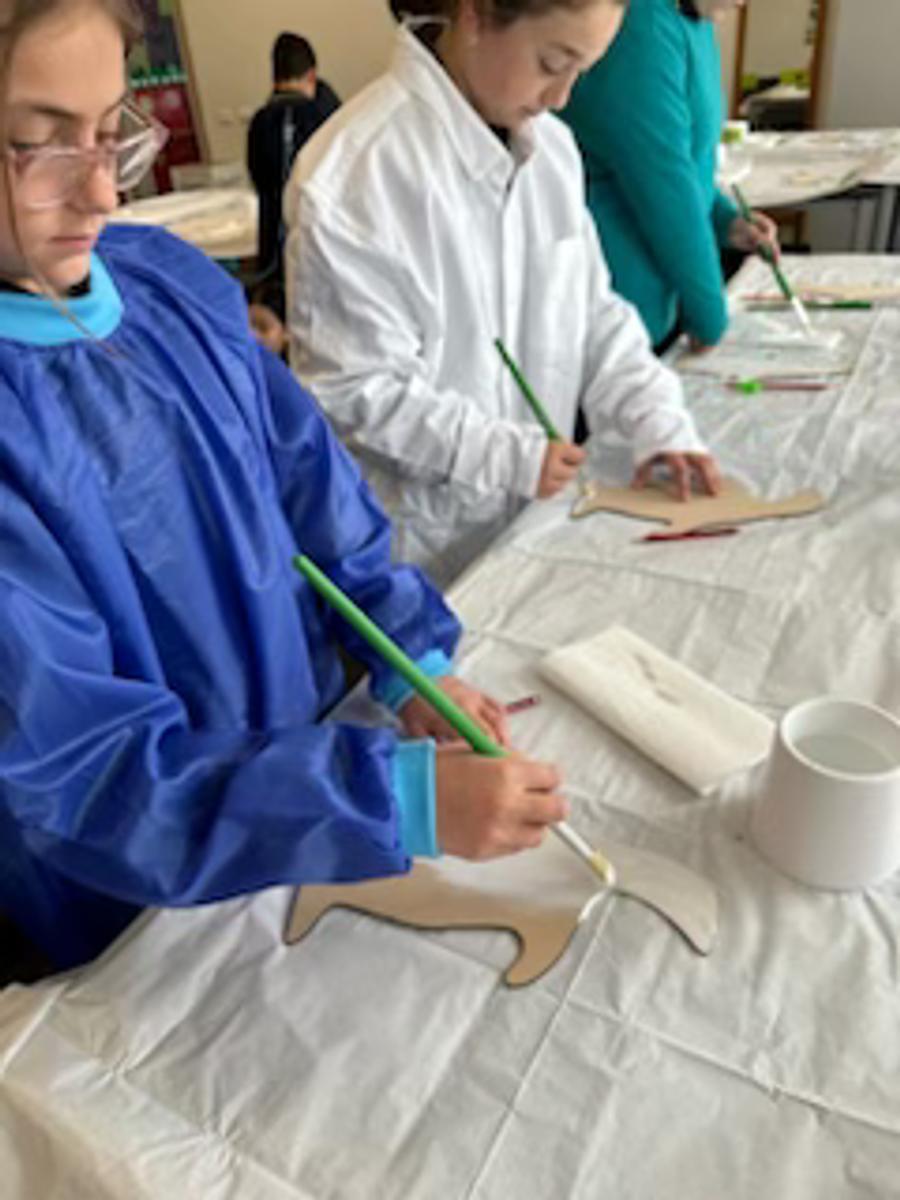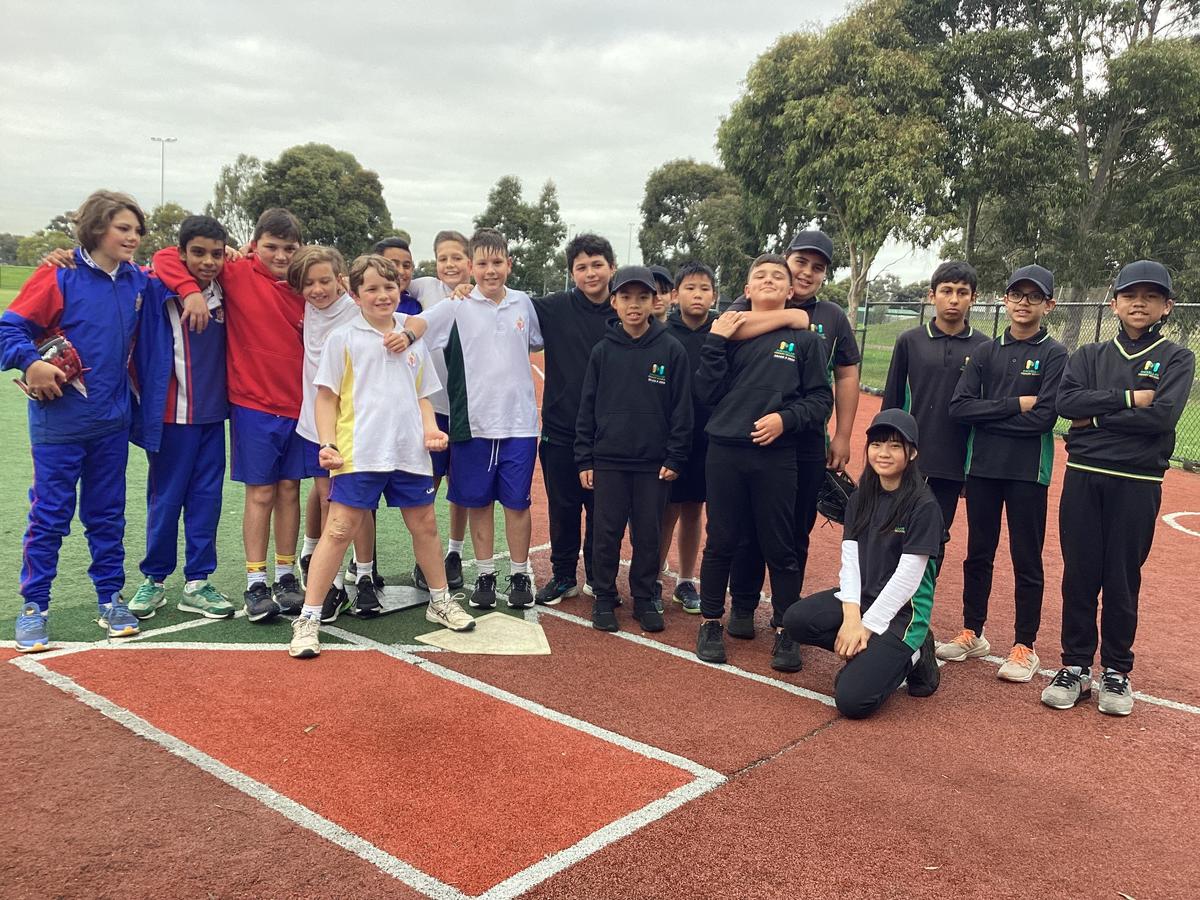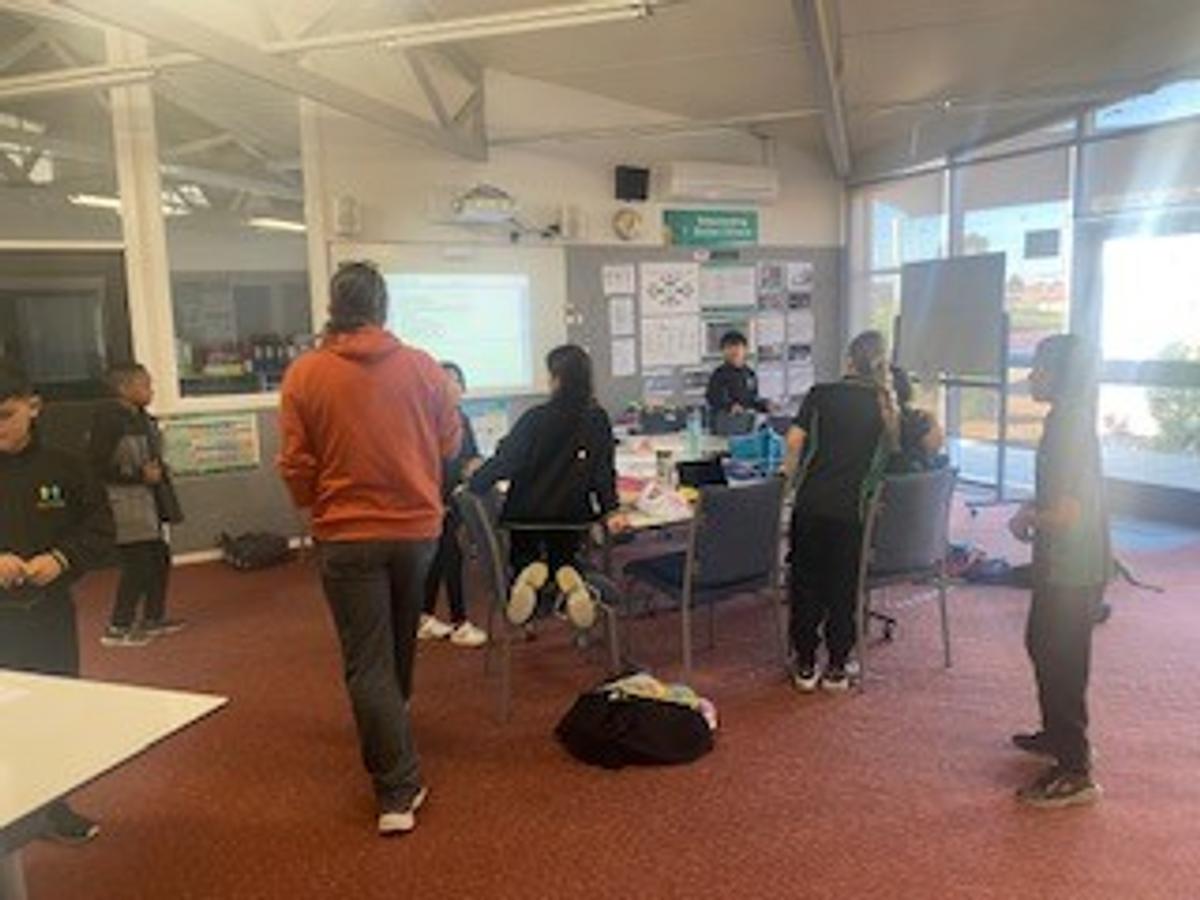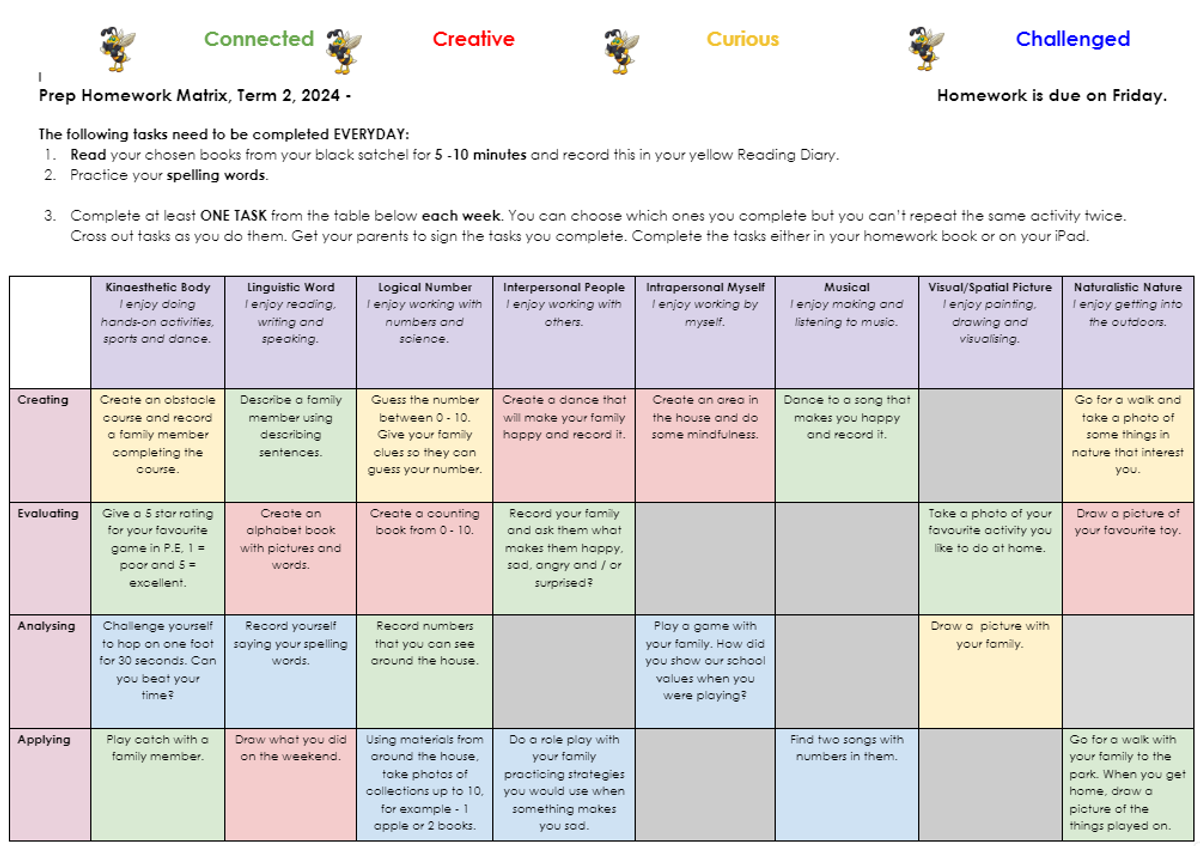Parent Opinion Survey

Dear Parents,
In this edition of our Parent Opinion Survey articles, we are unpacking the notion of effective teaching. As you will know our school vision is 'Empowering Global Citizens' and to achieve that vision in teaching, we have four teaching principles which guide us. They are: Bee Connected, Bee Challenged, Bee Curious and Bee Creative and no we haven't spelled Bee incorrectly in this context, it's a play on words based on our school mascot.
With our vision and teaching principles forming the foundation of our teaching practice, all teachers work in a comprehensive fashion implementing the Victorian Curriculum, and to do this we use an internal school document called our Curriculum Map.
This map ensures all areas of the Victorian Curriculum are taught in a scaffolded and sequential manner, that our teaching is 100% up to date with Department standards and that it is guaranteed and viable in all classrooms.
It also links assessments we do with students prior, during and after a unit of work to determine their progress through our assessment schedule. In reading for example, this may include a running record. IT may be a writing pre-assessment or in mathematics an open-ended maths task. These assessments tell us what students already know about the concept, what they are learning during the unit so it can be added to, amended or re-taught.
Feedback is provided throughout individually, in small groups or whole class, where student goals are discussed, where work is differentiated or where groups discuss a concept. This feedback is constant either formally or informally, and helps teachers gauge how the students are progressing and how to tailor future lessons. At the end of a unit, teachers assess students to determine how well they grasped a concept, where to from there and importantly how the teacher can improve their practice also.
It is wonderful to see students take this knowledge of, for example, a procedural text and then use that with their own interests in experiments, or following a recipe making a real-world connection to their own interests and choice. Of course choice and self-interest doesn't end there. During science, humanities and health inquiry units, students tap into their literacy and numeracy skills to discover solutions to problems, to uncover facts about past events and present their findings as essays, art pieces, drama, dioramas, speeches or digitally, thereby tapping into personal strengths, or challenging areas needing development.
Beyond the classroom your child's learning is supported by any number of extension and support programs. These include our penguin art project, video game extension group, music and art therapy, sporting opportunities, tournament of minds, whole school events such as our upcoming art-show as well as music instruction, clubs at lunchtime and our homework matrix providing choice across a range of learning styles.
Of course, it is hard to put a four year teaching degree, all of our school documentation, planning and the teaching and learning process into a short article in a newsletter, let alone the successes and growth we have made over the past three years academically. Hopefully however, this article has provided some insight into the specificity, detail and individuality of the teaching and learning that occurs at Mackellar.
Regards,
Mackellar PS

